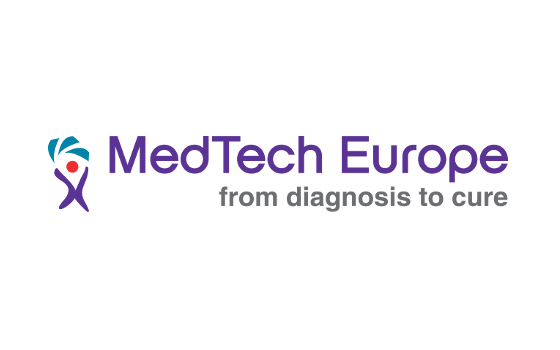 MedTech Europe released today a call to action towards digital health interoperability, endorsing the European Commission's Electronic Health Record Exchange Format released on 6 February 2019. The statement also called on European national and regional health authorities, payers and procurers, and adjacent industries, to do the same.
MedTech Europe released today a call to action towards digital health interoperability, endorsing the European Commission's Electronic Health Record Exchange Format released on 6 February 2019. The statement also called on European national and regional health authorities, payers and procurers, and adjacent industries, to do the same.
The largest medical technology industry trade association in Europe also asked for more public investment in digital health infrastructures including electronic health record systemsand requested the EU to tie cohesion and other funds for digital health to adherenceto these standards.
"With this initiative we contribute to a more widespread and accelerated digital health deployment in Europe," says Serge Bernasconi, CEO of MedTech Europe. "Patients will benefit from better interoperability of medical technologies through better quality of care and improved outcomes."
The call for action specifically references specifications and profiles released by DICOM (Digital Imaging and Communications in Medicine), HL7 (Health Level 7), and IHE (Integrating the Healthcare Enterprise). It invites adjacent industries to embrace an interoperable data ecosystem and open, international standards, and make data (sometimes called "real world data" or RWD) available to the healthcare sector.
"The interoperability of Electronic Health Records in the EU will make it easier for citizens to access their health data securely across borders" said Commissioner Mariya Gabriel, "and medical professionals will be able to assist citizens more efficiently and effectively. The development of these systems will require support from all stakeholders."
The paper titled "MedTech Europe's call to action for an interoperable data ecosystem for digital health" was released at the 2nd Health Tech Roundtable hosted by Commission Gabriel in Brussels, convening industry and consumer associations as well as many health technology companies for an informal discussion on ways to advance the digital transformation of health and care.
The paper can be downloaded from the MedTech Europe website.
About MedTech Europe
MedTech Europe is the European trade association for the medical technology industry including diagnostics, medical devices and digital health. Our members are national, European and multinational companies as well as a network of national medical technology associations who research, develop, manufacture, distribute and supply health-related technologies, services and solutions.